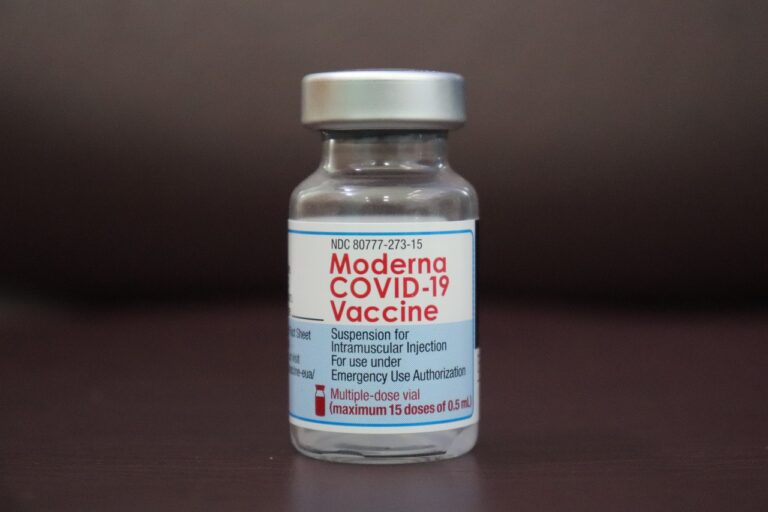Digital Biomarkers: Harnessing Data for Disease Monitoring and Management: Tiger exchange, Golden77, Sky 99 exch id
tiger exchange, golden77, sky 99 exch id: Digital Biomarkers: Harnessing Data for Disease Monitoring and Management
In the age of constant technological advancements, the field of healthcare is not exempt from the benefits of digitization. One such innovation that holds immense potential in revolutionizing disease monitoring and management is the use of digital biomarkers.
What are Digital Biomarkers?
Digital biomarkers refer to the data generated from digital devices and platforms that can provide insights into a person’s health. These biomarkers can include information such as heart rate, sleep patterns, activity levels, and even typing patterns. By analyzing this data, healthcare professionals can gain a deeper understanding of an individual’s health status and potentially detect early signs of disease.
The Role of Wearable Devices
The widespread adoption of wearable devices, such as smartwatches and fitness trackers, has paved the way for the collection of valuable health data in real-time. These devices can continuously monitor vital signs and activity levels, providing a comprehensive picture of an individual’s day-to-day health. By leveraging this data, healthcare providers can track changes over time and intervene when necessary.
Personalized Medicine
One of the key benefits of digital biomarkers is their ability to enable personalized medicine. By analyzing an individual’s unique data patterns, healthcare professionals can tailor treatment plans to meet specific needs. This personalized approach can lead to more effective interventions and improved health outcomes for patients.
Chronic Disease Management
Digital biomarkers play a crucial role in the management of chronic diseases such as diabetes, heart disease, and hypertension. By monitoring key metrics on a regular basis, healthcare providers can identify trends, detect early warning signs, and adjust treatment plans accordingly. This proactive approach can help prevent complications and improve the quality of life for patients with chronic conditions.
Research and Development
In addition to disease monitoring and management, digital biomarkers are also valuable tools in the field of research and development. By aggregating and analyzing data from large populations, researchers can gain insights into disease progression, treatment efficacy, and patient outcomes. This data-driven approach can inform the development of new therapies and interventions, ultimately advancing the field of healthcare.
The Future of Healthcare
As technology continues to advance, the potential of digital biomarkers in healthcare is limitless. With the ability to harness data for disease monitoring and management, personalized medicine, chronic disease management, and research and development, digital biomarkers have the power to transform the way we approach healthcare.
FAQs
1. Are digital biomarkers secure?
Yes, digital biomarkers adhere to strict privacy and security protocols to ensure the confidentiality of patient data.
2. How accurate are digital biomarkers in monitoring health?
Digital biomarkers have shown promising results in monitoring health metrics accurately, but continuous validation and refinement are essential for their effectiveness.
3. Can digital biomarkers replace traditional healthcare practices?
While digital biomarkers offer valuable insights, they are not intended to replace traditional healthcare practices but rather complement them to enhance patient care.







